Apple, Tesla and Starbucks will face many challenges in President-elect Donald Trump's second term due to volatile market conditions and deteriorating US-China relations.
The End of the "Promised Land"
Apple, Tesla, and Starbucks are all American brands that have a huge influence in China. Their presence is not only a business success story, but also a symbol of goodwill between the two countries over the years. Many Chinese people have long been accustomed to driving a Tesla, holding a Starbucks cup, and scrolling through their iPhones.
The CEOs of these three “giants” have also become “goodwill ambassadors” for the United States in the billion-people market. Billionaire Elon Musk, founder of Tesla, has repeatedly entered the Zhongnanhai area, which is a heavily guarded workplace and residence for senior Chinese leaders.
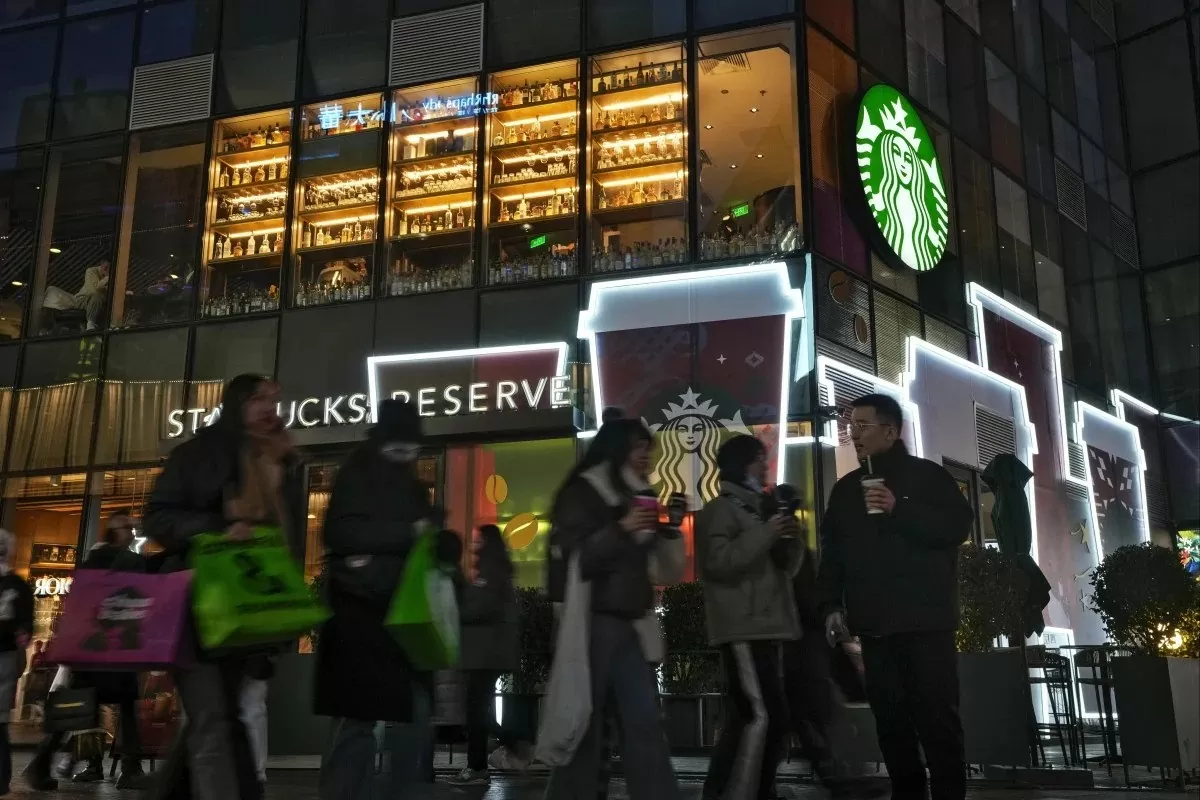 |
| Apple, Tesla and Starbucks are the most influential American brands in China. (Source: SCMP) |
Apple CEO Tim Cook heads an international advisory board at the prestigious Tsinghua University, giving him direct access to Chinese leaders.
In 2021, Chinese President Xi Jinping wrote a letter to Howard Schultz, Chairman Emeritus of Starbucks, to encourage the famous brand to play an active role in promoting economic and trade relations between the two countries.
However, observers say this close relationship could face many challenges during Trump's second term as President due to volatile markets and deteriorating US-China relations.
First, the Chinese market is becoming more difficult for these brands to conquer. After years of expansion in China, Starbucks’ expensive lattes and complex concoctions are no longer relevant to consumer trends in the country of a billion people.
Perhaps in the future, Starbucks will become a franchise brand like McDonald's or Coca-Cola, where the brand still belongs to the US, but the operations are run by Chinese companies.
Apple is also facing fierce competition from domestic brands such as Huawei and Xiaomi. Tesla is also under similar pressure in the electric vehicle sector, as domestic brands increasingly catch up in design and manufacturing capabilities.
In addition, inconsistent data management systems could lead to higher costs for American brands operating in China. The “Great Firewall” has long been an obstacle for foreign internet companies such as Google and Facebook.
Meta boss Mark Zuckerberg's tireless but unsuccessful efforts to bring his social network into China only further confirms that Beijing is determined not to trade off cybersecurity to meet the business ambitions of American companies.
"Cornerstone" to help balance US-China relations
In the age of artificial intelligence and big data, most cross-border businesses face similar challenges. Apple is still waiting for approval from Beijing to bring Apple Intelligence to iPhone users in China, despite CEO Tim Cook making three trips to the country in 2024.
Meanwhile, Tesla also has to "look forward" to the approval of the billion-people country for its fully self-driving technology.
These two tech giants are likely to get the green light in the future. Apple and Tesla are expected to strictly comply with regulations on data storage and protection, similar to how ByteDance's TikTok has to comply with many strict data regulations in the US.
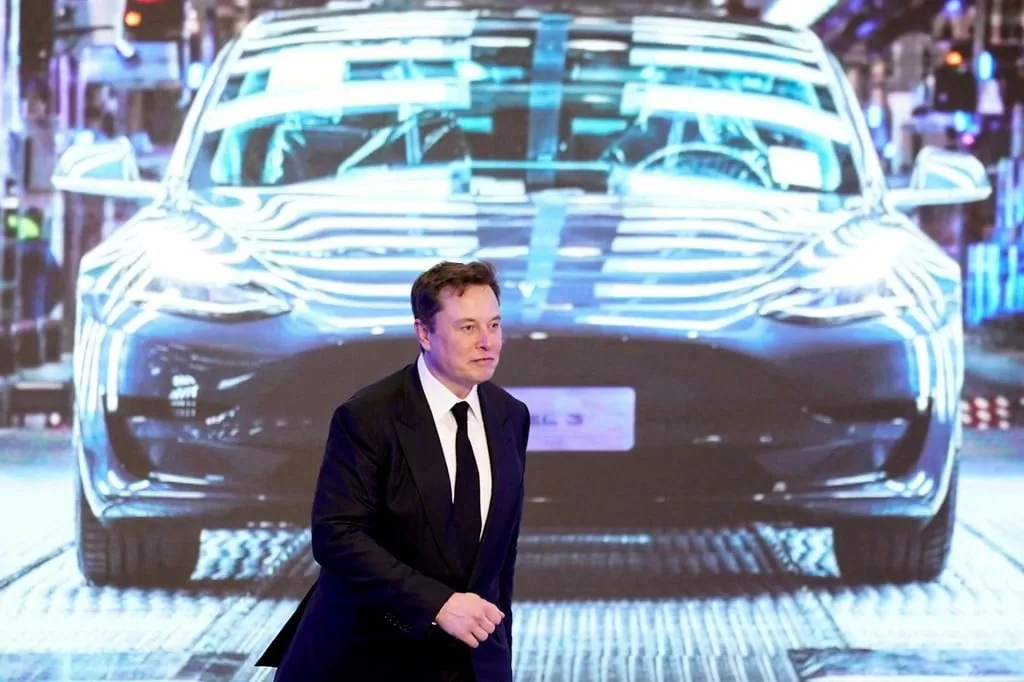 |
| Billionaire Elon Musk at the launch of Tesla's China-made Model Y program in Shanghai in 2020. (Source: Reuters) |
But Apple, Tesla and Starbucks could face political backlash at home as Washington tightens scrutiny even of routine business dealings with China.
A US congressman has warned that billionaire Elon Musk's relationship with Beijing could be exploited, posing a risk to national security.
As strategic competition between the world's two leading powers intensifies, many American companies – once considered models of business success in China – have had to cut back their presence in this market.
This is not an optimistic situation, because these business relationships were once considered the "cornerstone" maintaining the balance in US-China relations.
In that context, the continued success of Apple, Tesla and Starbucks in China is not only vital for these “giants” themselves but also contributes to maintaining stability in bilateral relations.
In short, the success or failure of top brands like Apple, Tesla and Starbucks in China not only reflects the challenges facing American companies amid increasingly tense US-China relations, but also tests the ability to maintain economic ties between the two powers.
In a volatile world, finding the right balance between business interests and political pressures will be a key factor in shaping the future of both business and political and diplomatic relations.
Source: https://baoquocte.vn/so-phan-nhung-ga-khong-lo-my-tai-trung-quoc-se-ra-sao-trong-nhiem-ky-thu-hai-cua-ong-trump-295147.html



![[Photo] Welcoming ceremony for Prime Minister of the Republic of Singapore Lawrence Wong on an official visit to Vietnam](https://vstatic.vietnam.vn/vietnam/resource/IMAGE/2025/3/26/445d2e45d70047e6a32add912a5fde62)

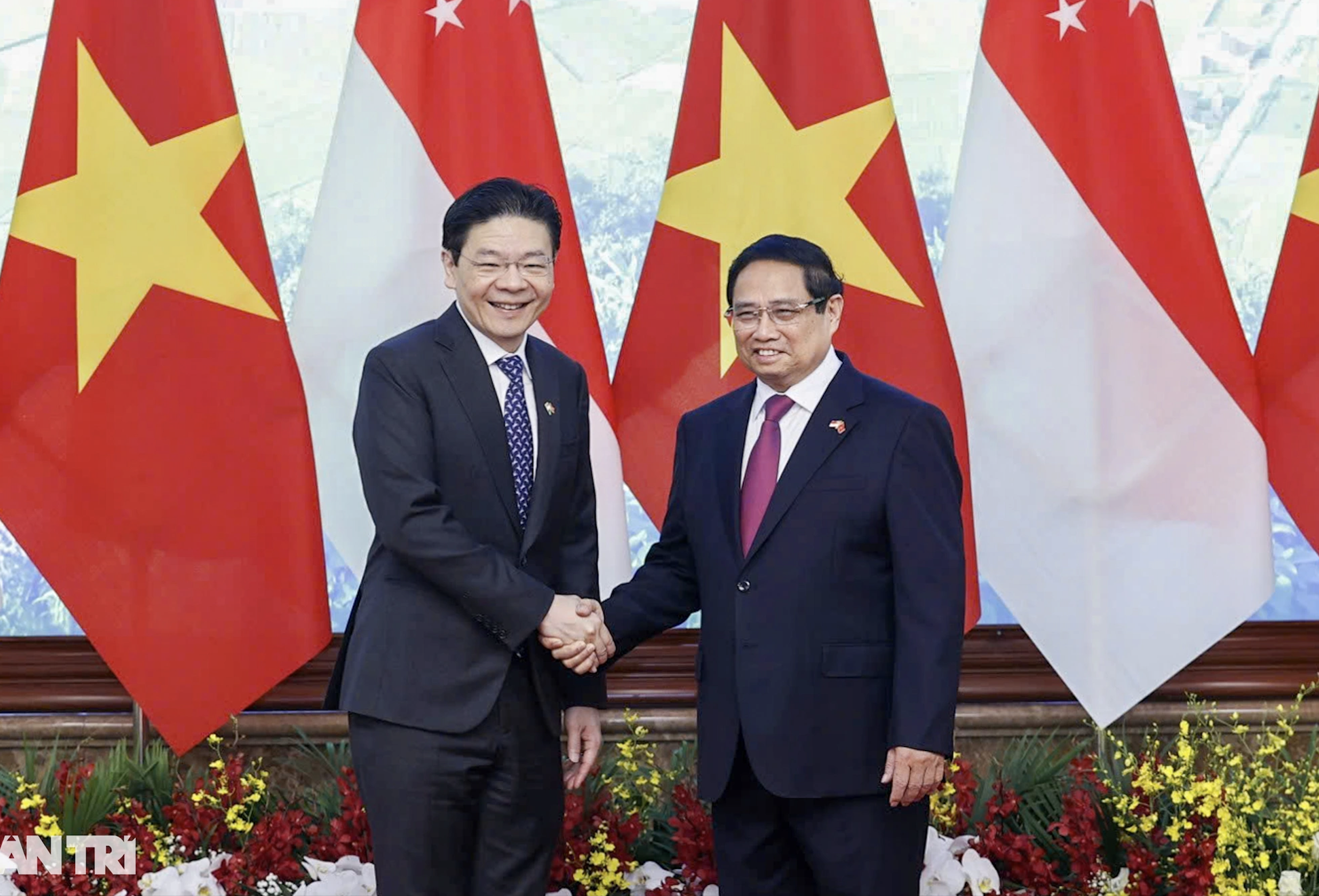
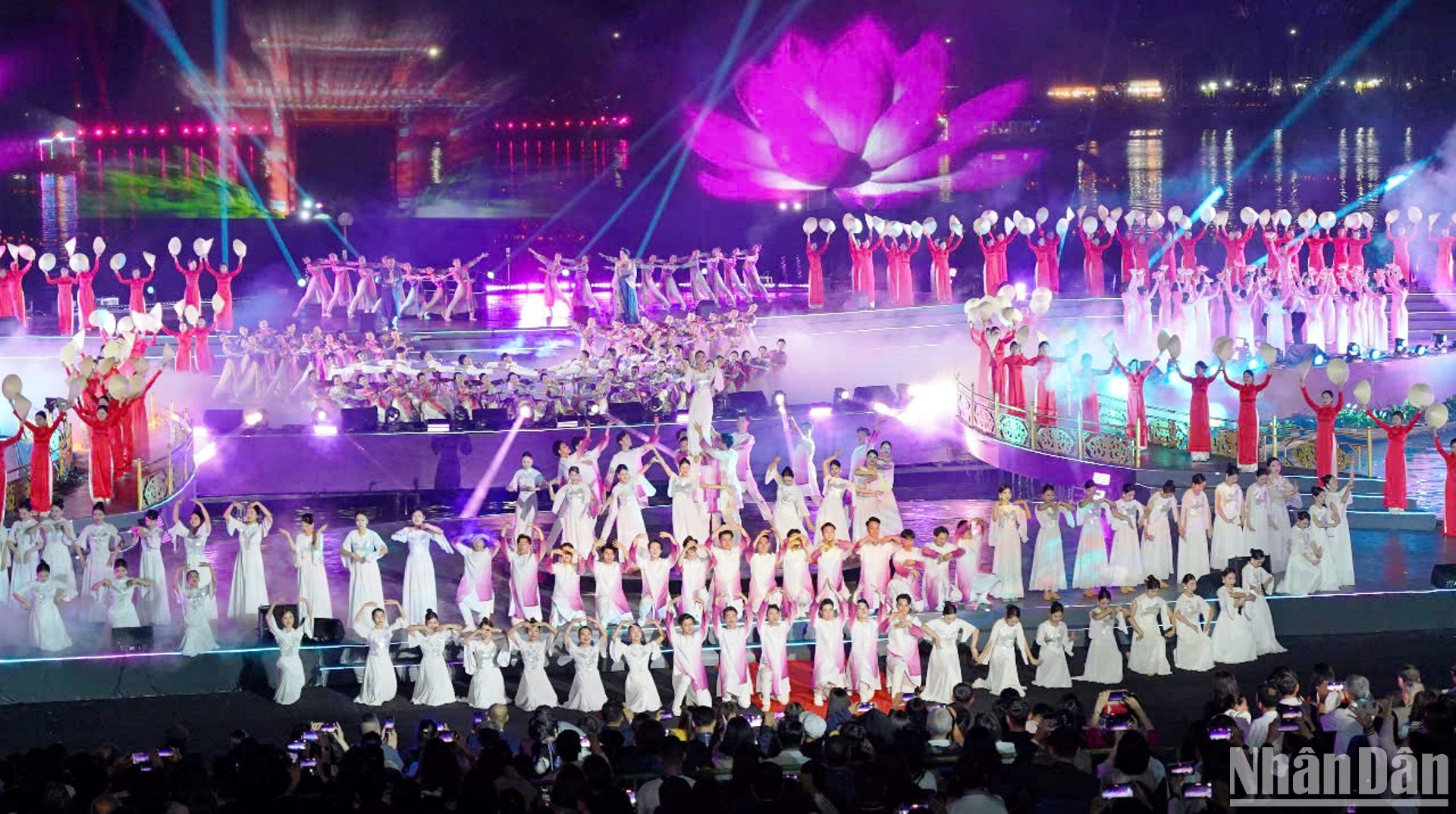
![[Photo] Head of the Central Propaganda and Mass Mobilization Commission Nguyen Trong Nghia works with key political press agencies](https://vstatic.vietnam.vn/vietnam/resource/IMAGE/2025/3/26/3020480dccf043828964e896c43fbc72)
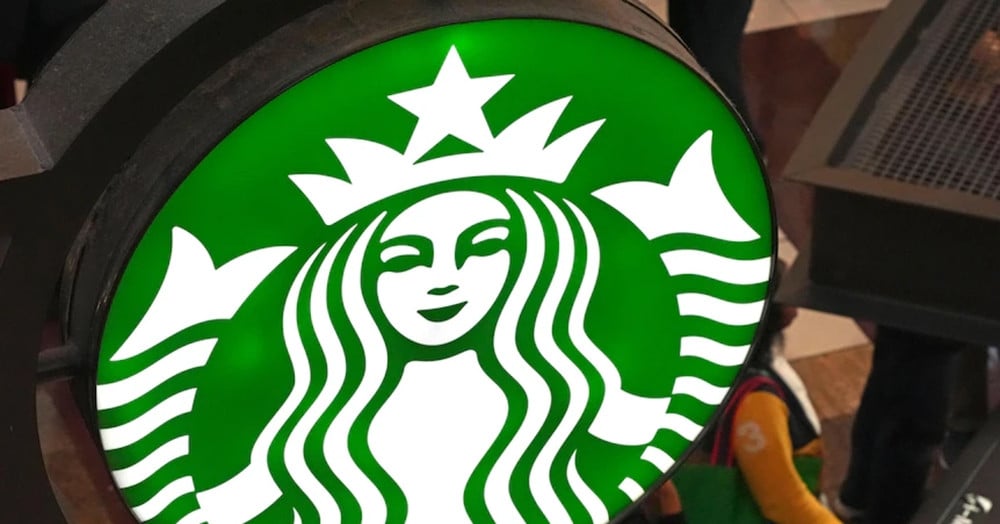

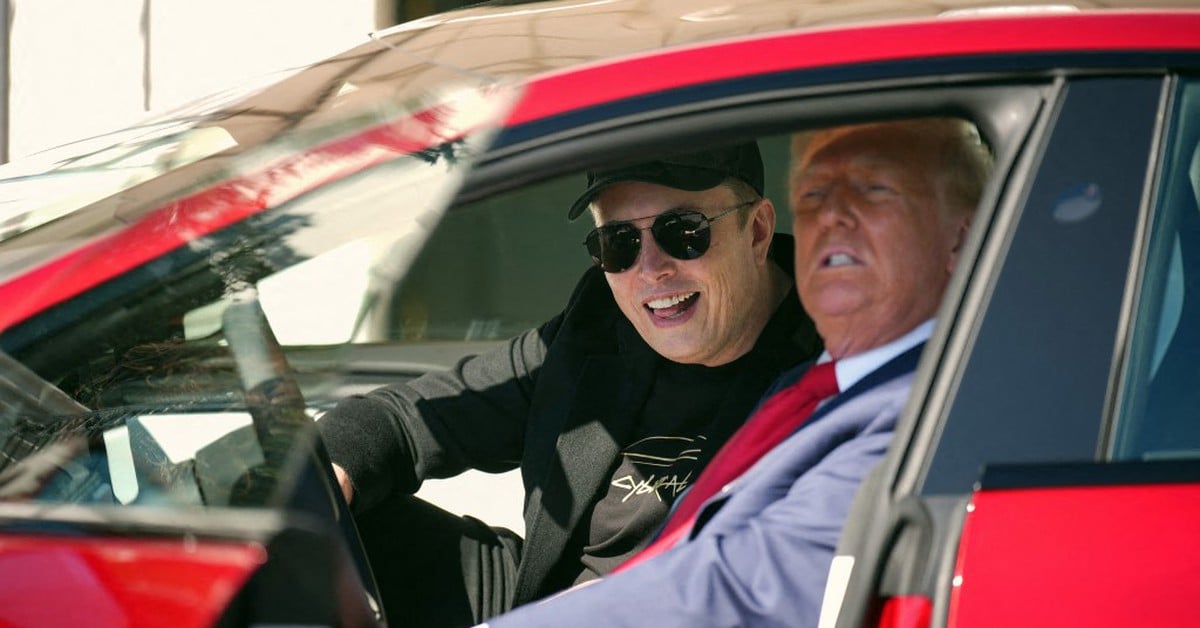

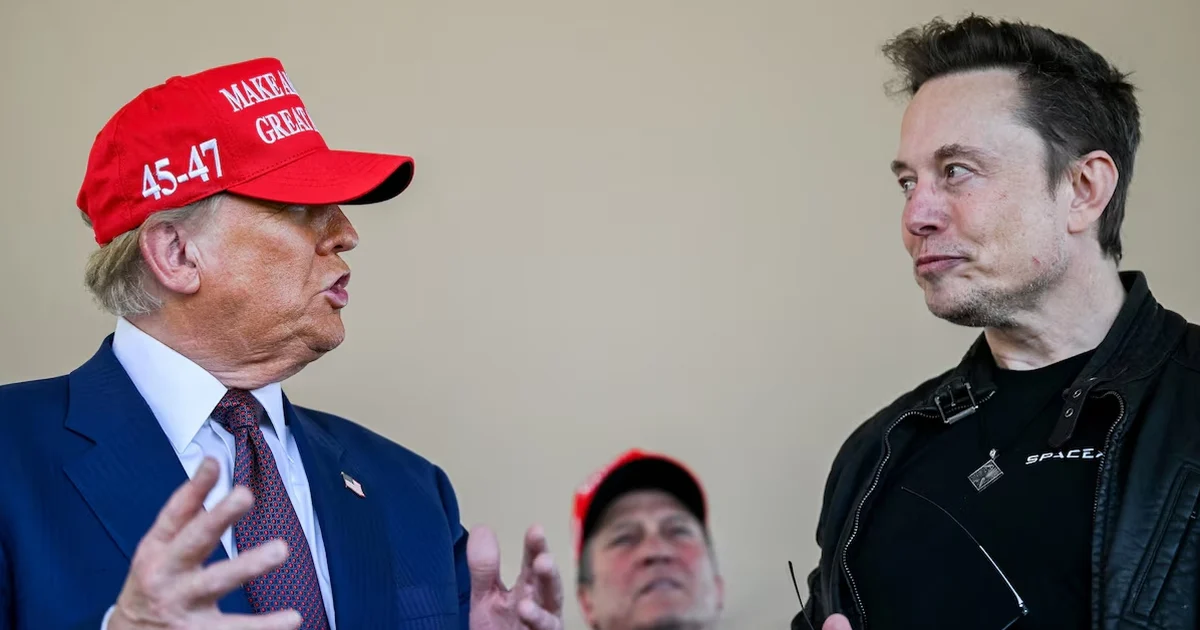

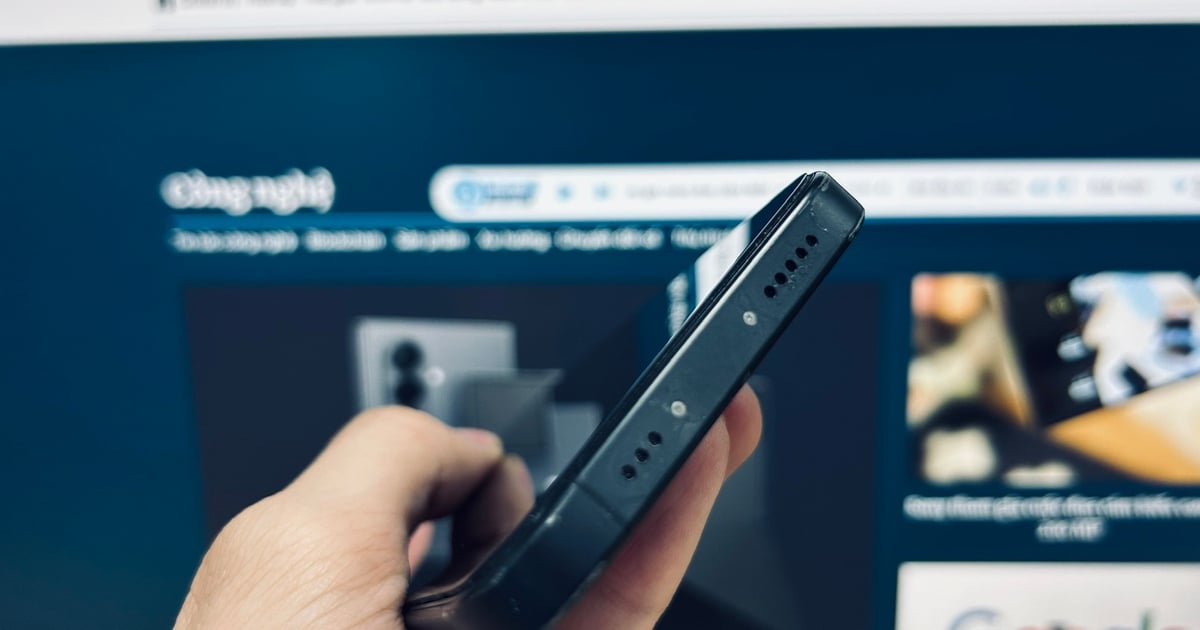
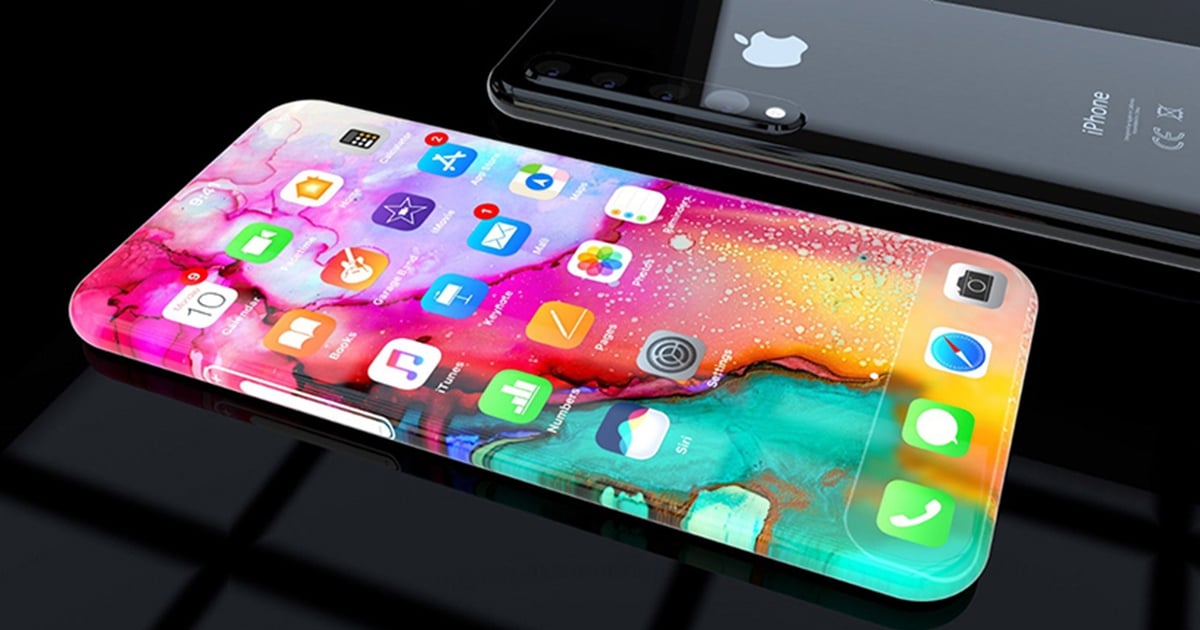
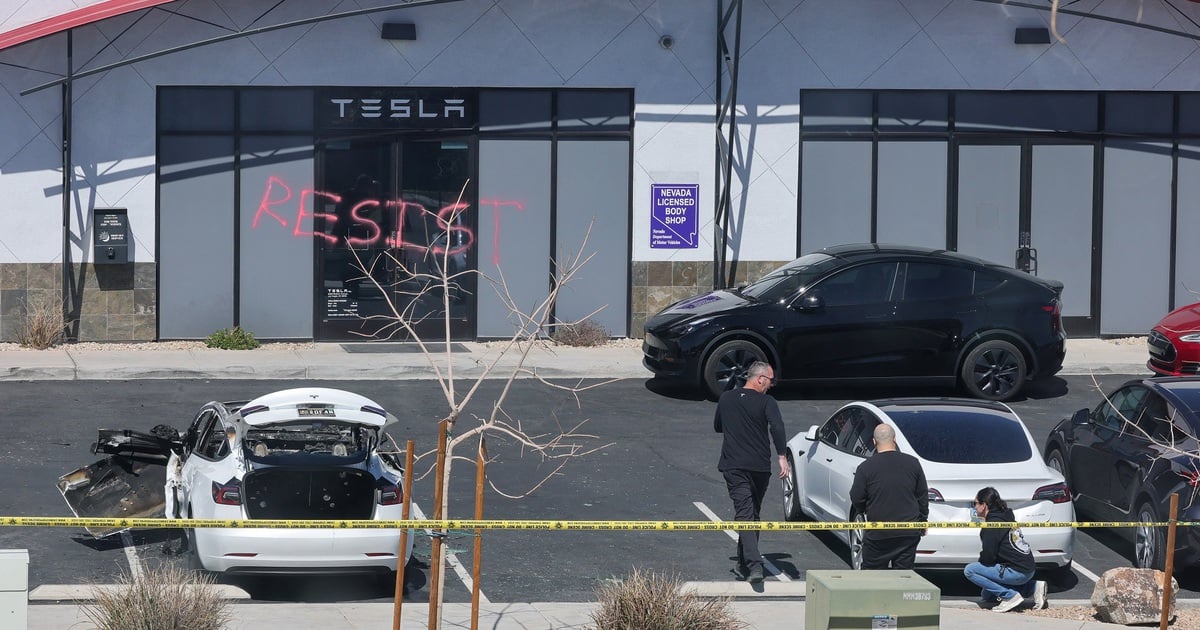
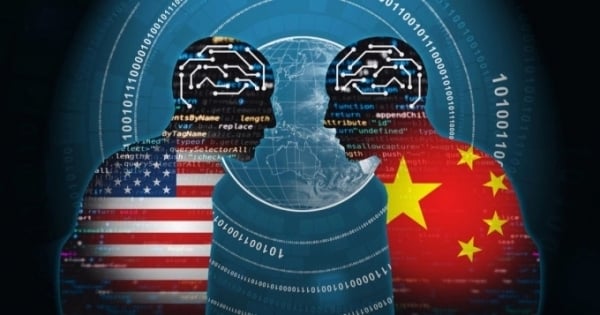
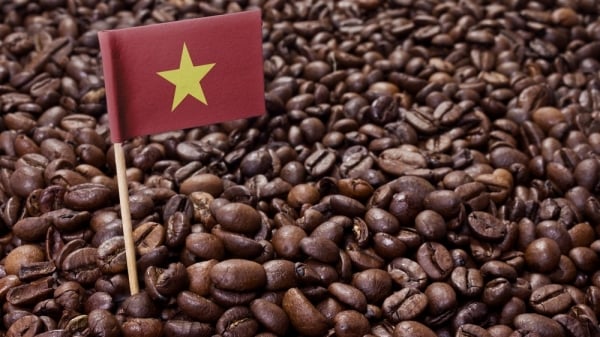
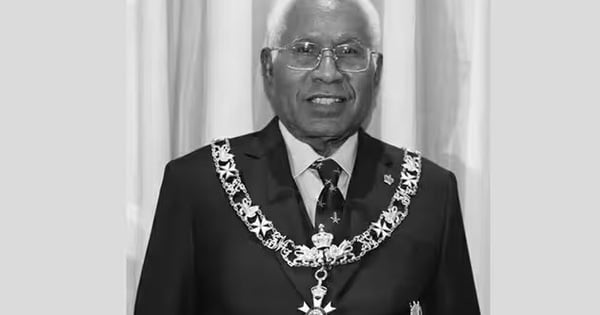
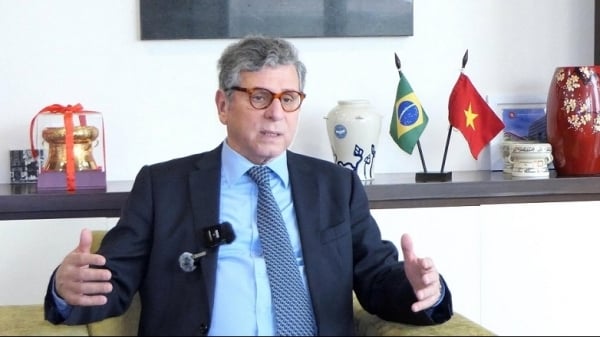
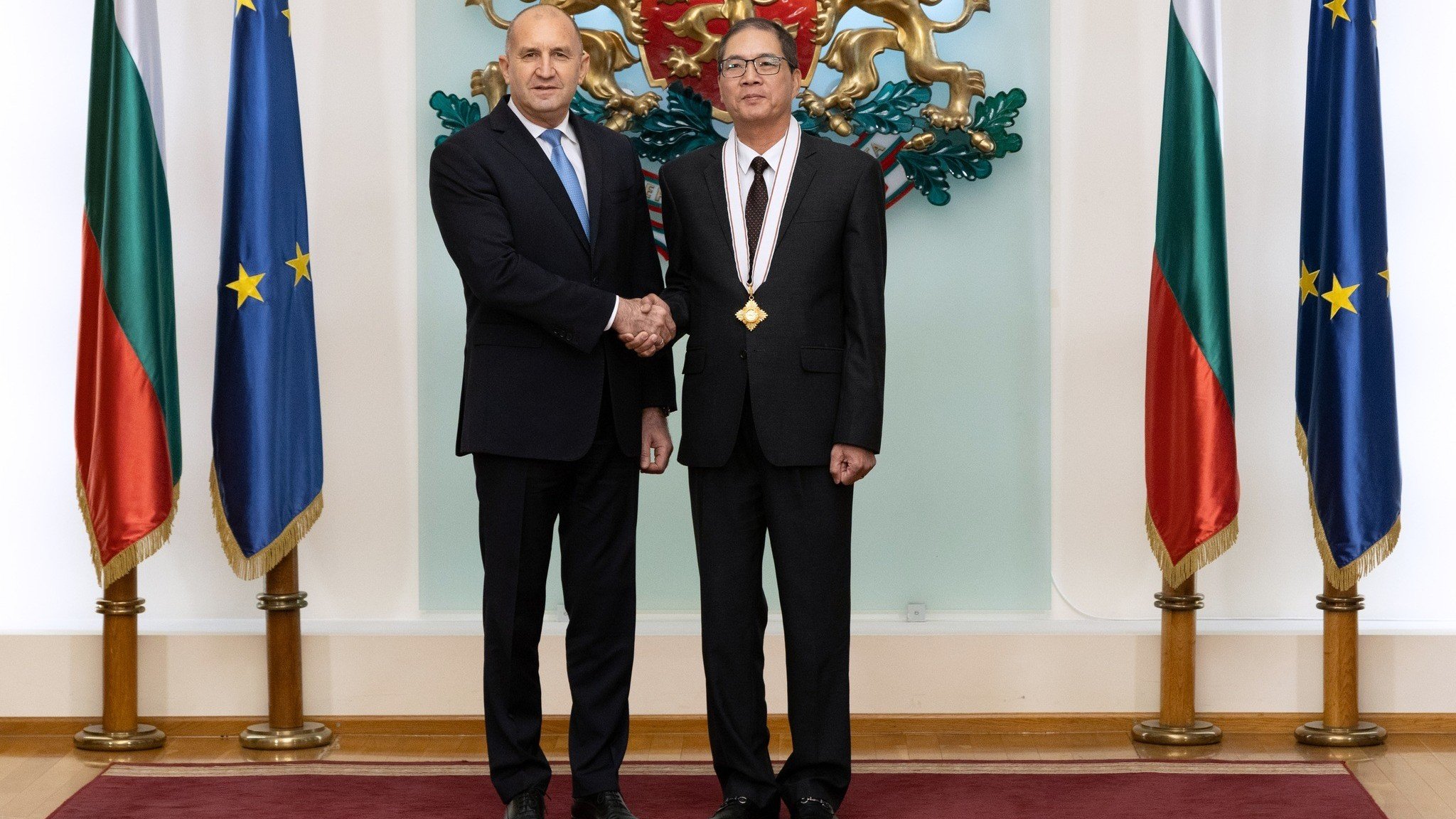




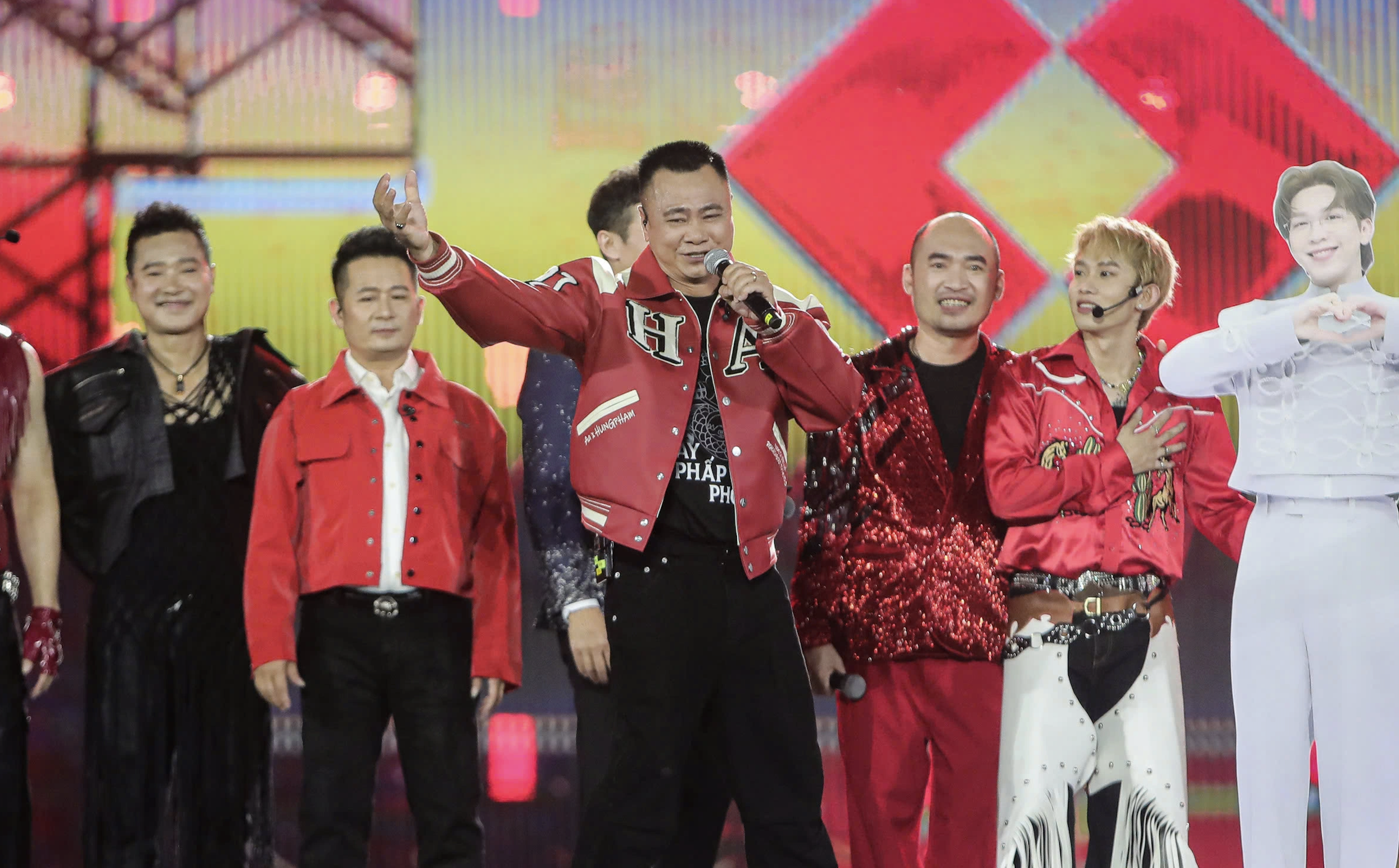
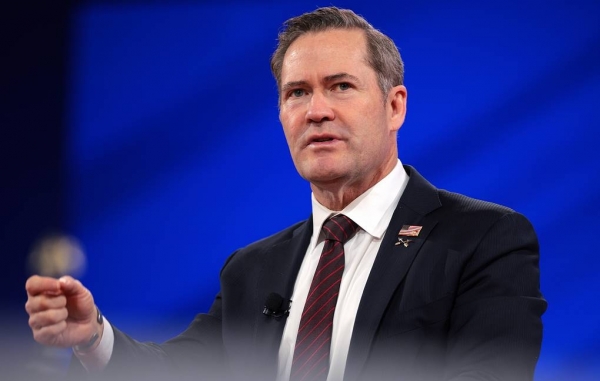


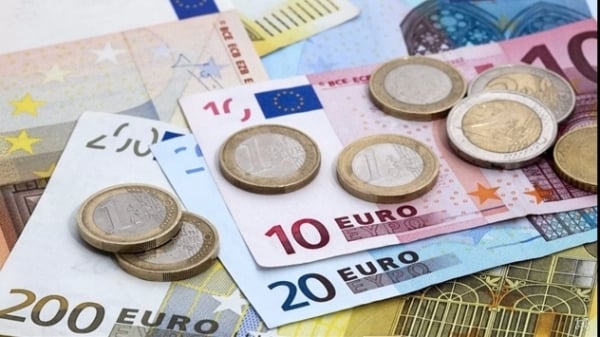

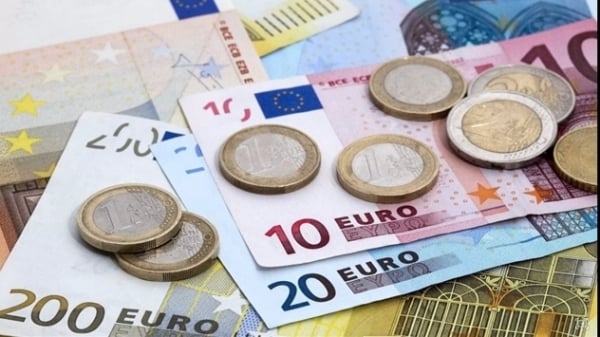






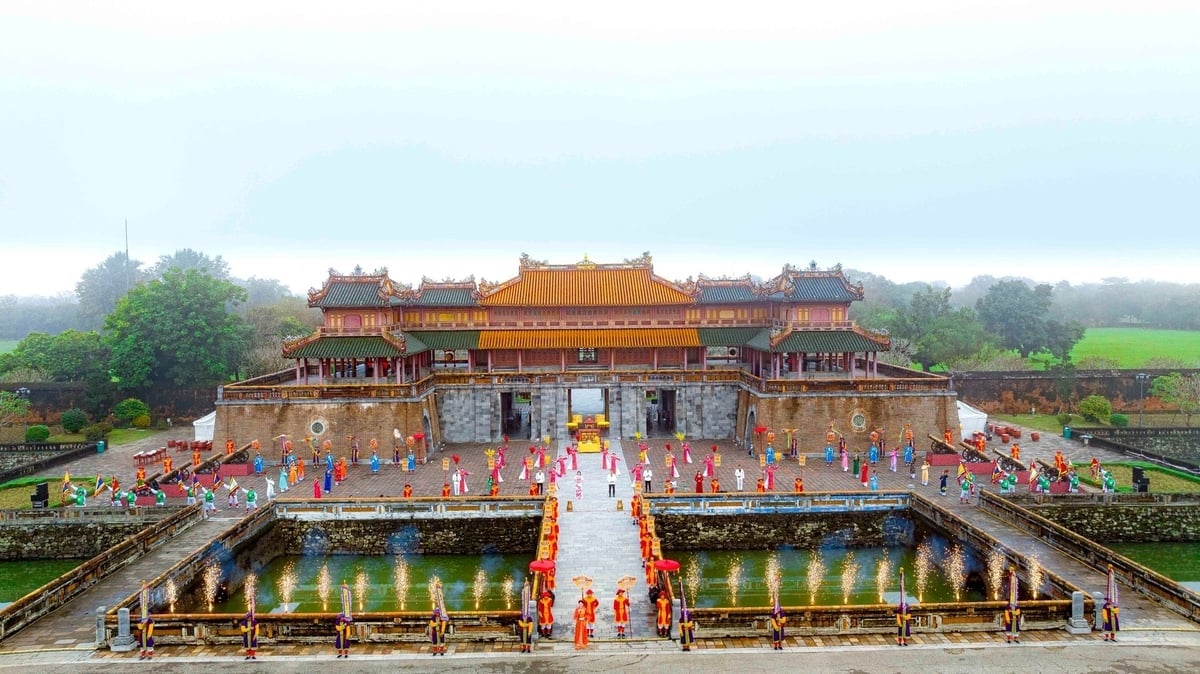

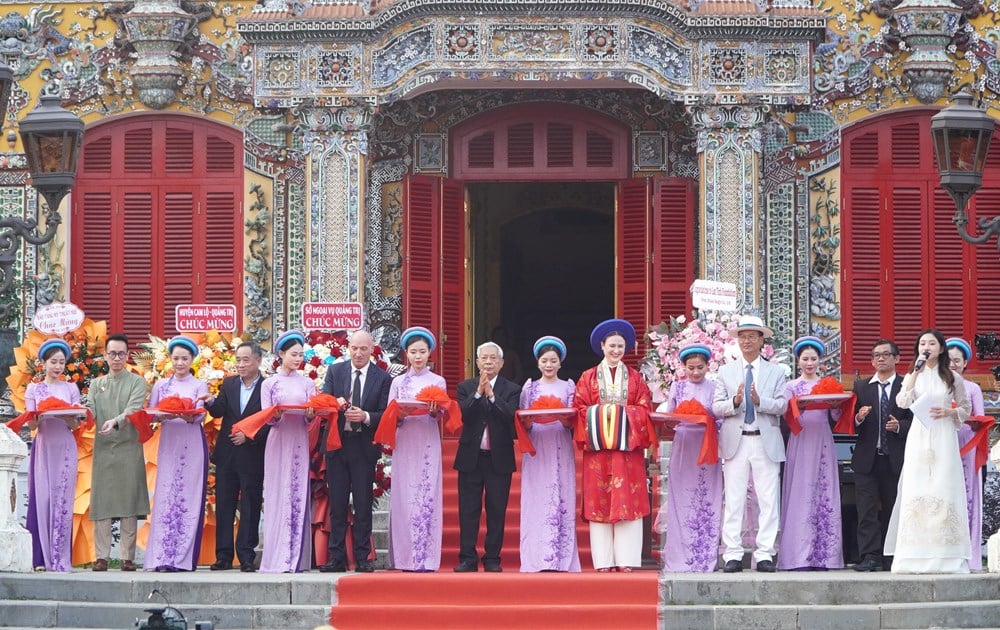





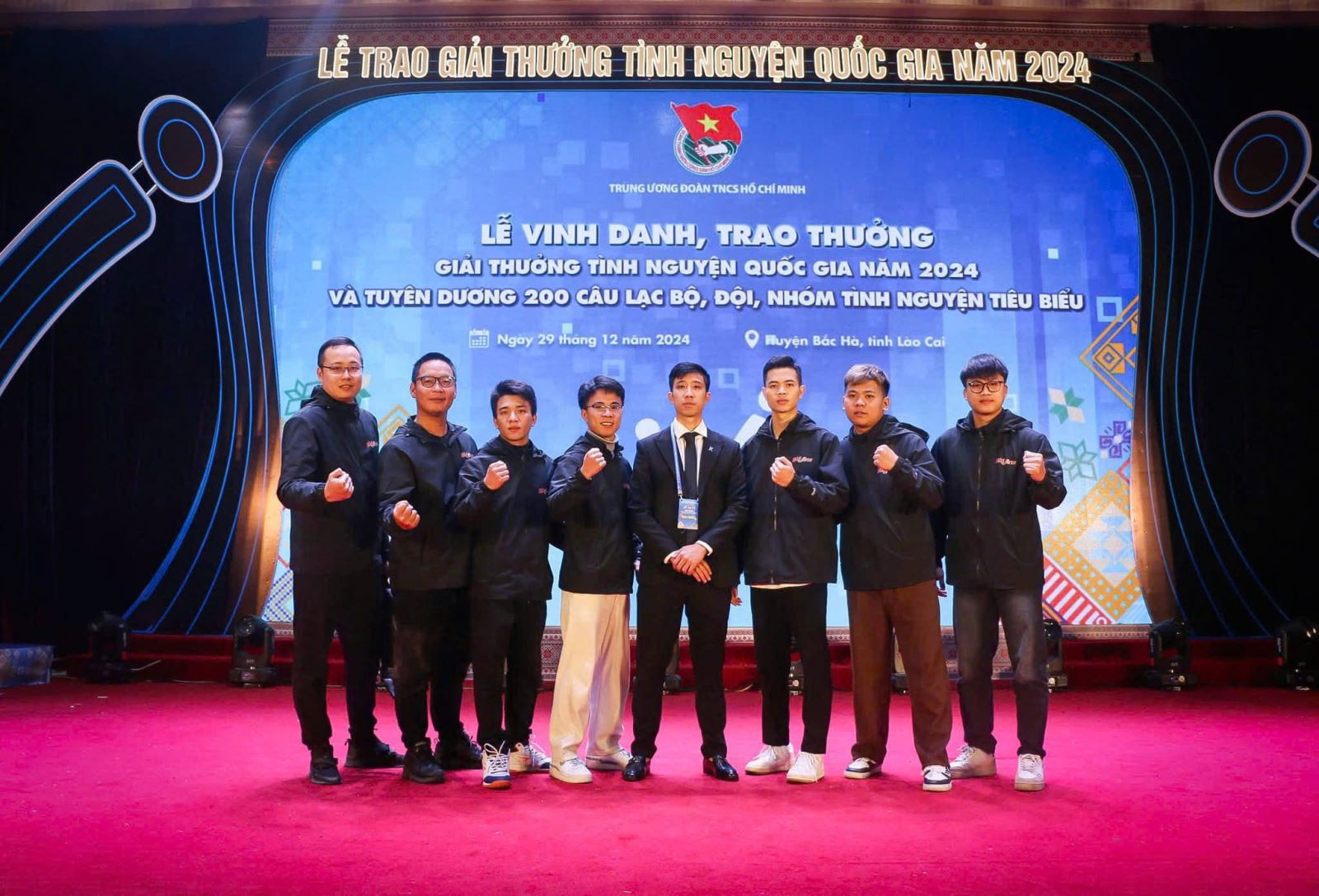




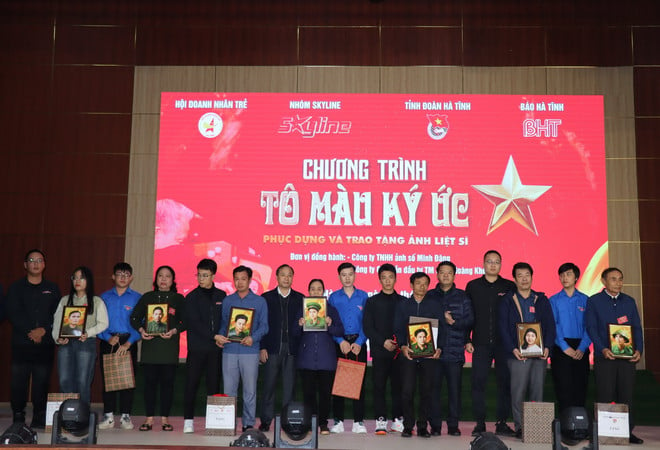







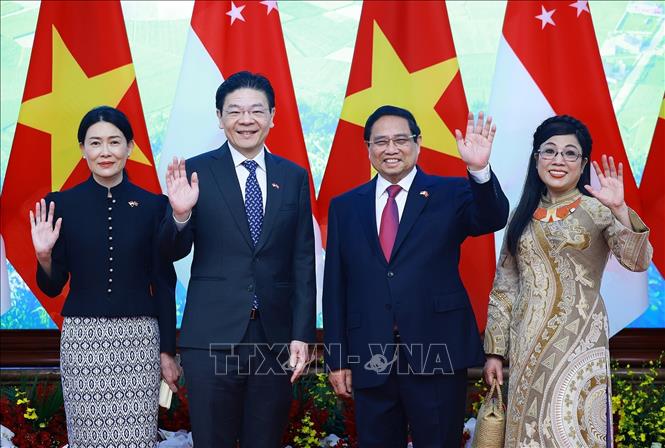
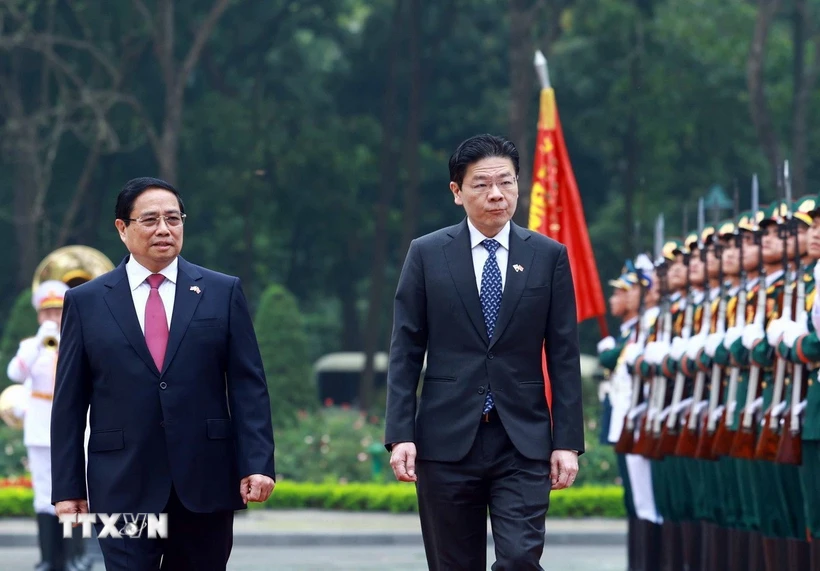

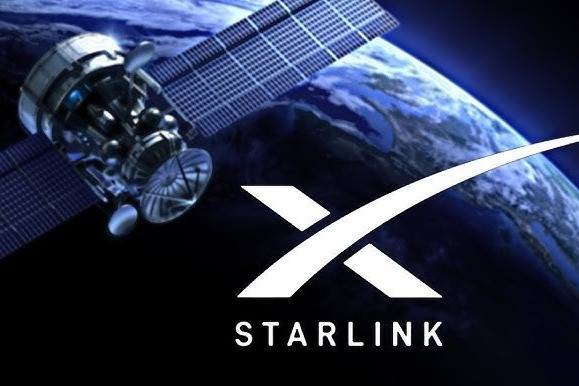






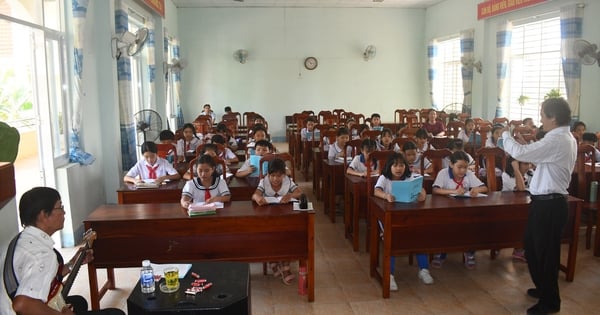

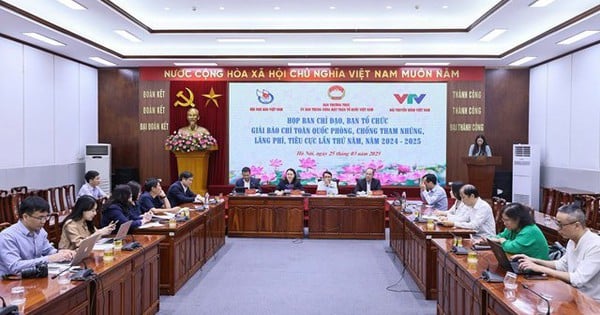


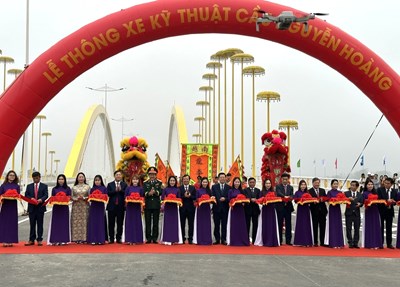
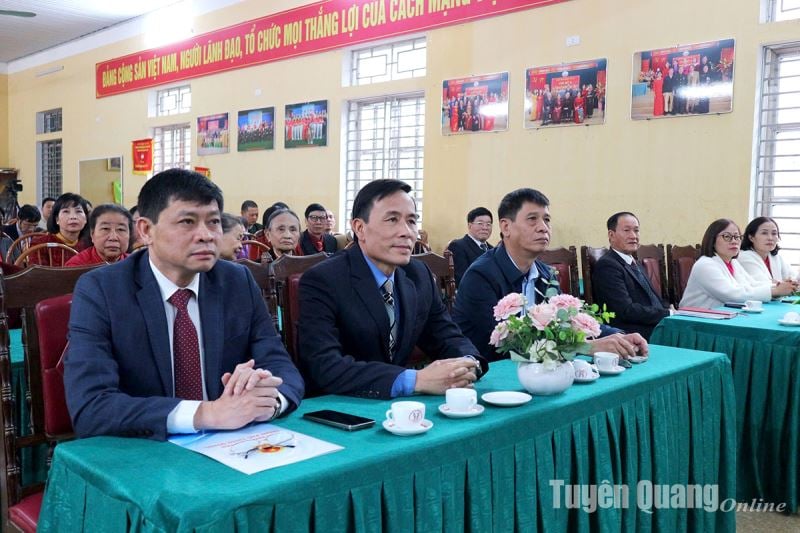
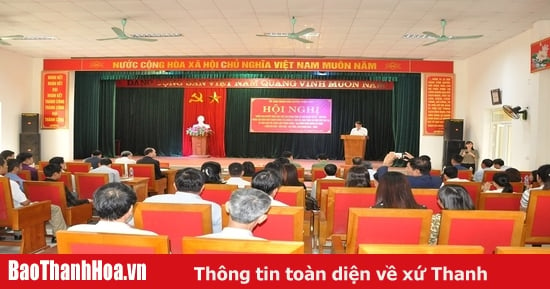








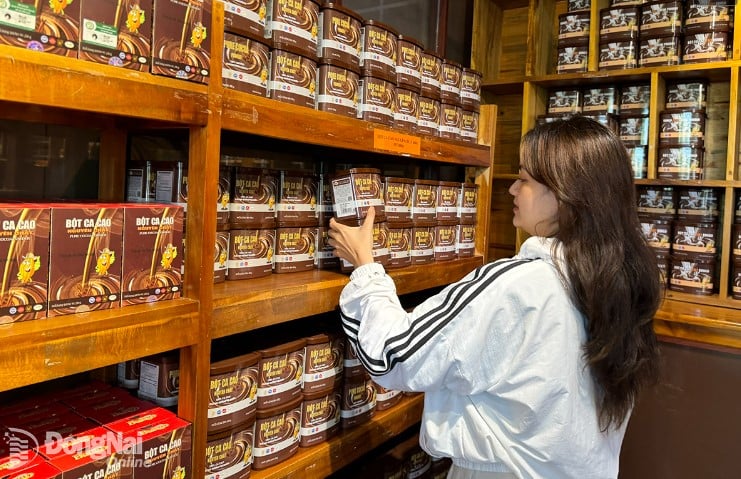

Comment (0)